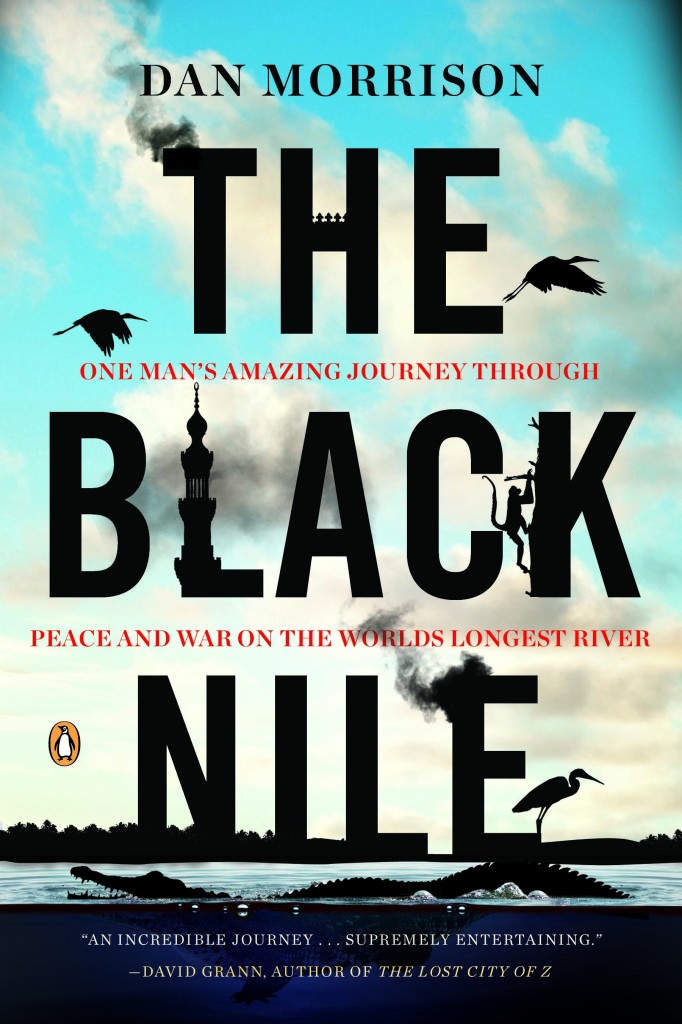 From a “nomad who pursues every form of transportation imaginable to follow Africa’s longest river,” The Black Nile is “an evocative piece of reporting…a portrait of a fractured country just one spark away from a renewal of hostilities.” –Joshua Hammer, The New York Times Sunday Book Review
From a “nomad who pursues every form of transportation imaginable to follow Africa’s longest river,” The Black Nile is “an evocative piece of reporting…a portrait of a fractured country just one spark away from a renewal of hostilities.” –Joshua Hammer, The New York Times Sunday Book Review
Beautifully written. A masterful narrative of investigative reportage, travel writing, and contemporary history. . . . The Black Nile is all at once thrilling, sad, and—most of all—thoughtful. —The Daily Beast
Dan Morrison takes the reader on an incredible journey in The Black Nile. Weaving together intense travel writing and history, he has produced a supremely entertaining work, and also an important one. —David Grann, author of The Lost City of Z
Part On the Road, part Fear and Loathing in Africa, Dan Morrison takes us with him on his journey down the Nile–teaching us, by example, to be explorers of both the world and ourselves. —Kevin Sites, author of In the Hot Zone: One Man, One Year, Twenty Wars

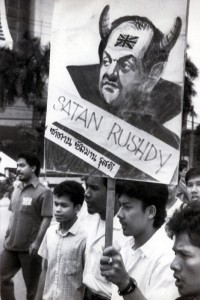
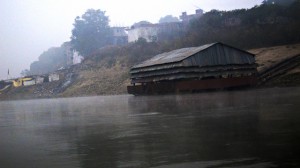

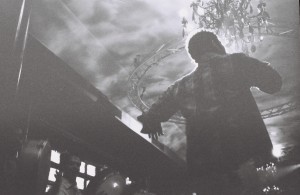
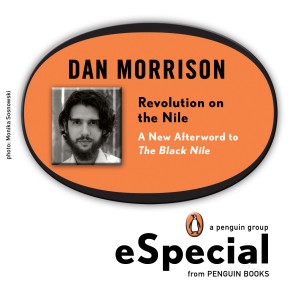
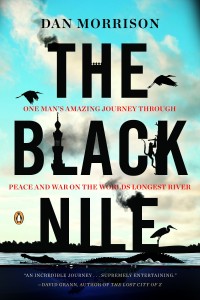

 Travel writer
Travel writer